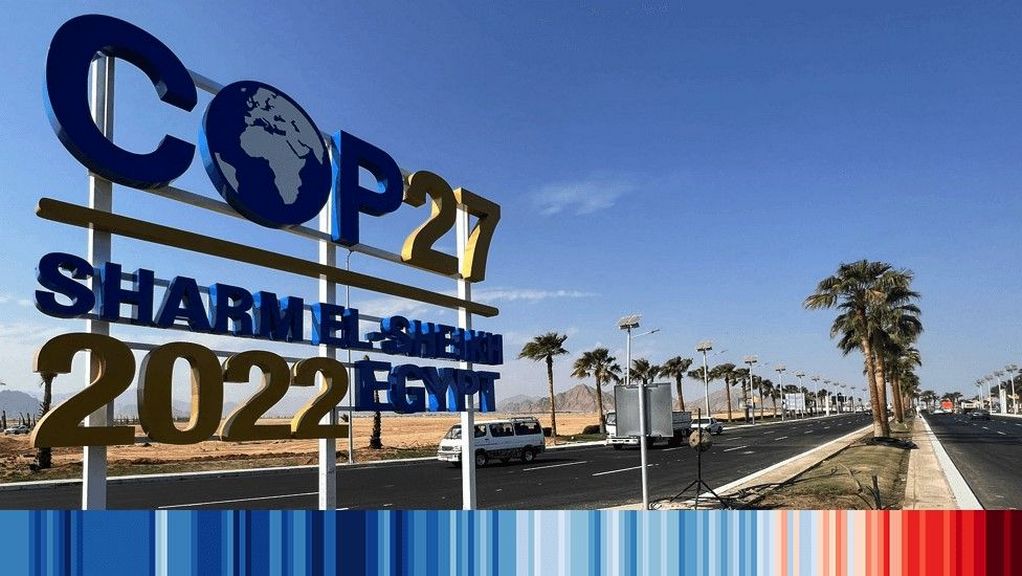Some of the world’s leading economies have committed to reducing greenhouse gas (GHG) emissions from fossil fuels, but said oil and gas consumption will persist as the energy transition takes shape as they seek to balance energy security with decarbonisation.
At the Cop 27 UN climate summit today, the US, the EU, the UK, Japan, Canada, Norway and Singapore pledged to “dramatically” reduce methane, CO2 and other GHGs across the fossil fuel chain, as a “necessary complement to global energy decarbonisation”. They reiterated the need to eliminate routine venting and flaring and to carry out regular repairs in upstream, midstream and downstream oil and gas operations.
There should be “robust” and transparent measurement and reporting, and measures “to require or strongly incentivise reductions in greenhouse gas emissions associated with fossil energy imports” should be implemented, and they said membership of the UN’s oil and gas methane partnership — a reporting framework for the oil and gas sector — should be encouraged.
Methane has been a key focus at Cop 27, with the US pledging $20bn towards tackling emissions of the potent GHG, and detailing a new action plan and tighter restrictions proposed for oil and gas producers.
Tags: Canada, COP27, Emissions, Japan



Recent Posts
IMO leads global shipping toward NetZero transition with new regulations
MPA and Bureau Veritas Renew Partnership to Advance Maritime Digitalisation, Decarbonisation, and Talent Development
RINA Grants AIP for Dual Fuel LNG/Hydrogen-Powered Ultramax Bulker Design Developed by Almi Marine Management S.A. and SDARI
NH3 Clean Energy, Pilbara Ports and Oceania Marine Energy sign a Joint Development Agreement for the establishment of lowemissions ammonia bunkering operations
DP World advances green logistics with electric freight expansion at Jebel Ali Port
Yinson GreenTech and RMS Marine Partner to Advance Marine Electrification in Singapore
Two Damen Combi Freighters Launched for Fast Lines Belgium in China
Viking Line Unveils Concept for World’s Largest Fully Electric Passenger-Car Ferry